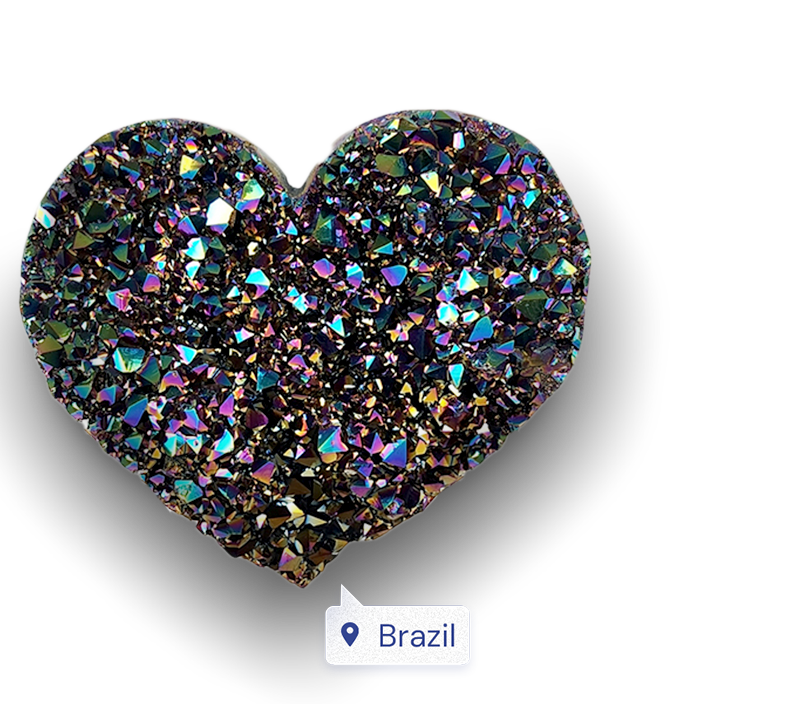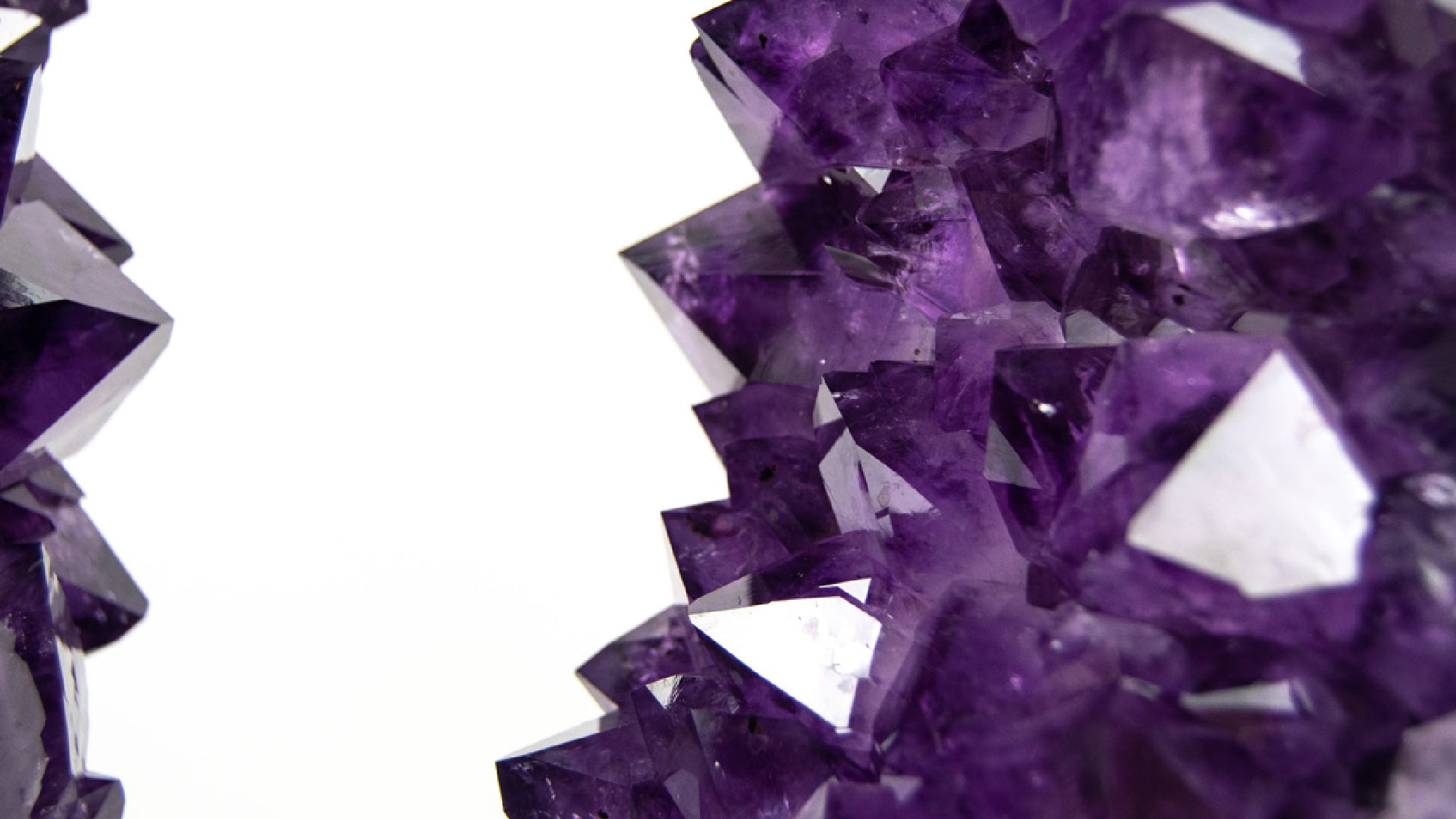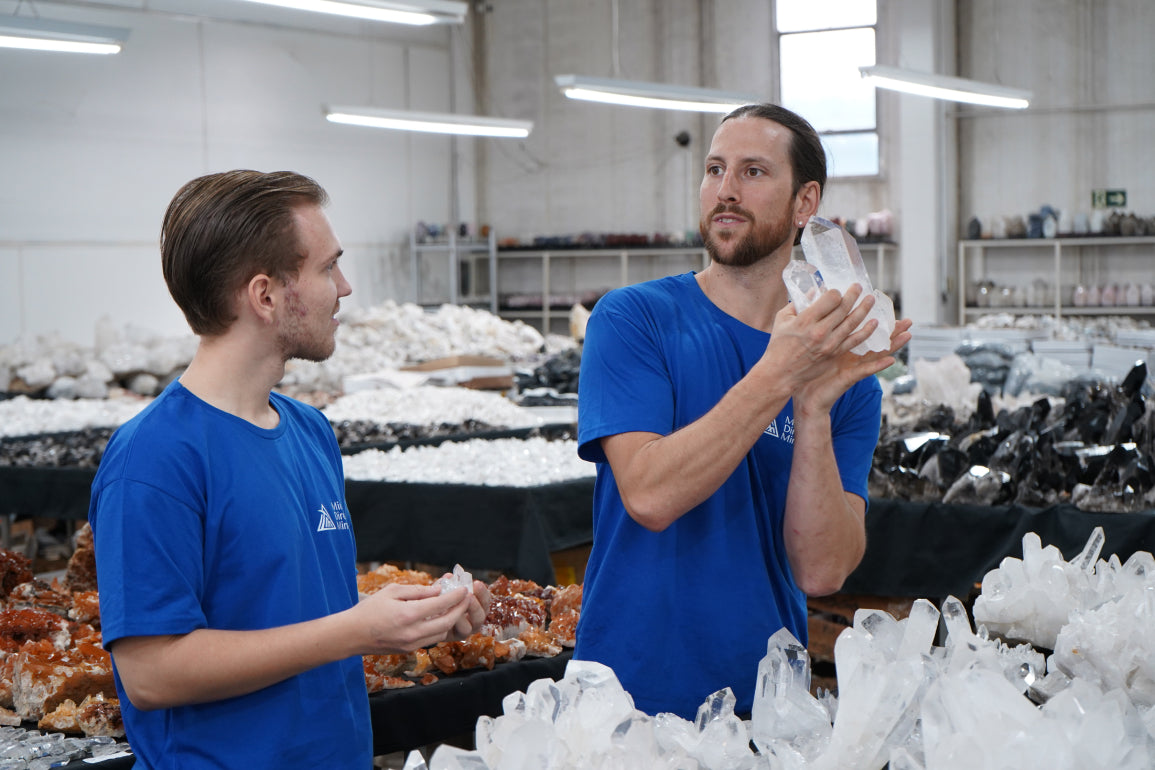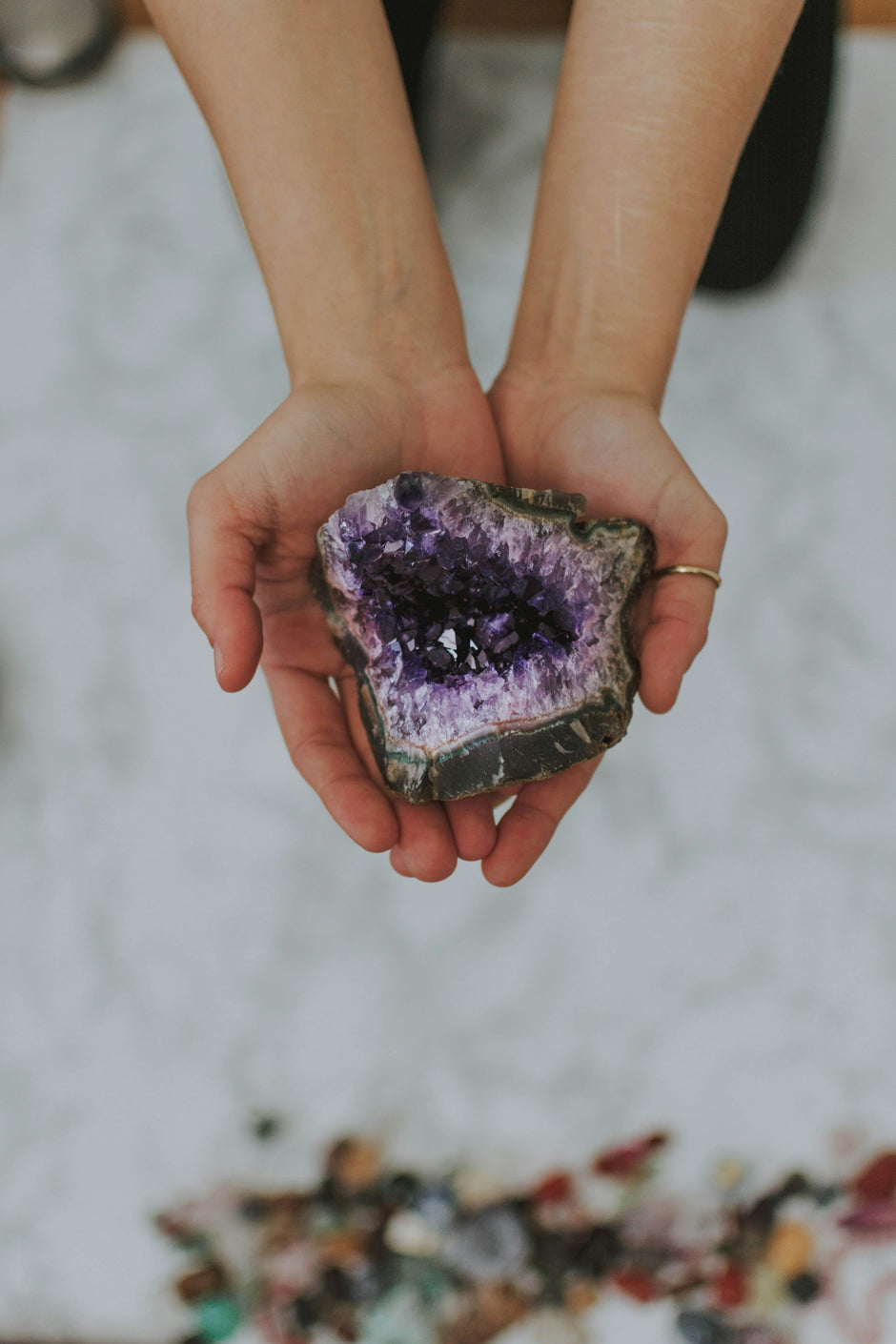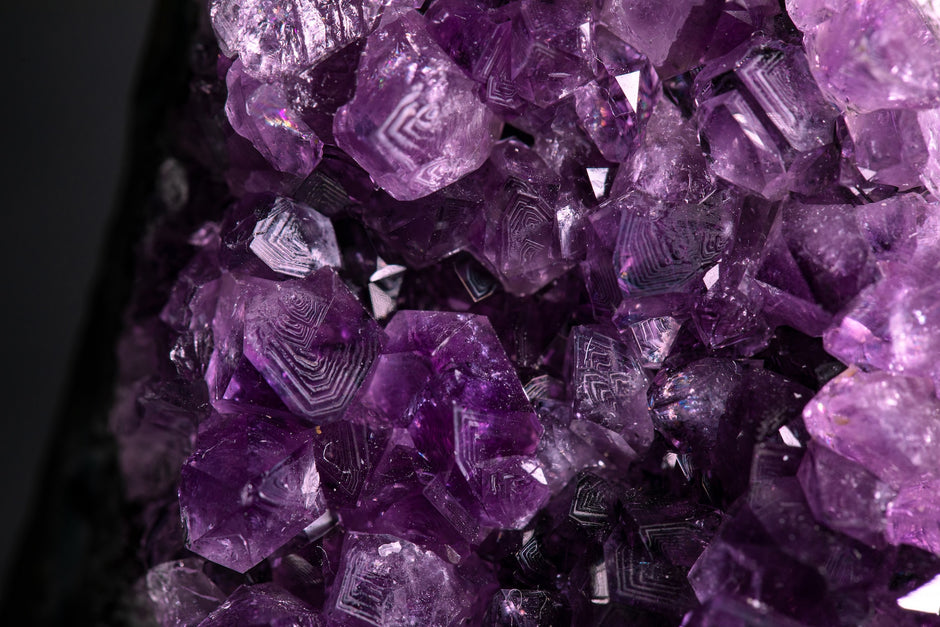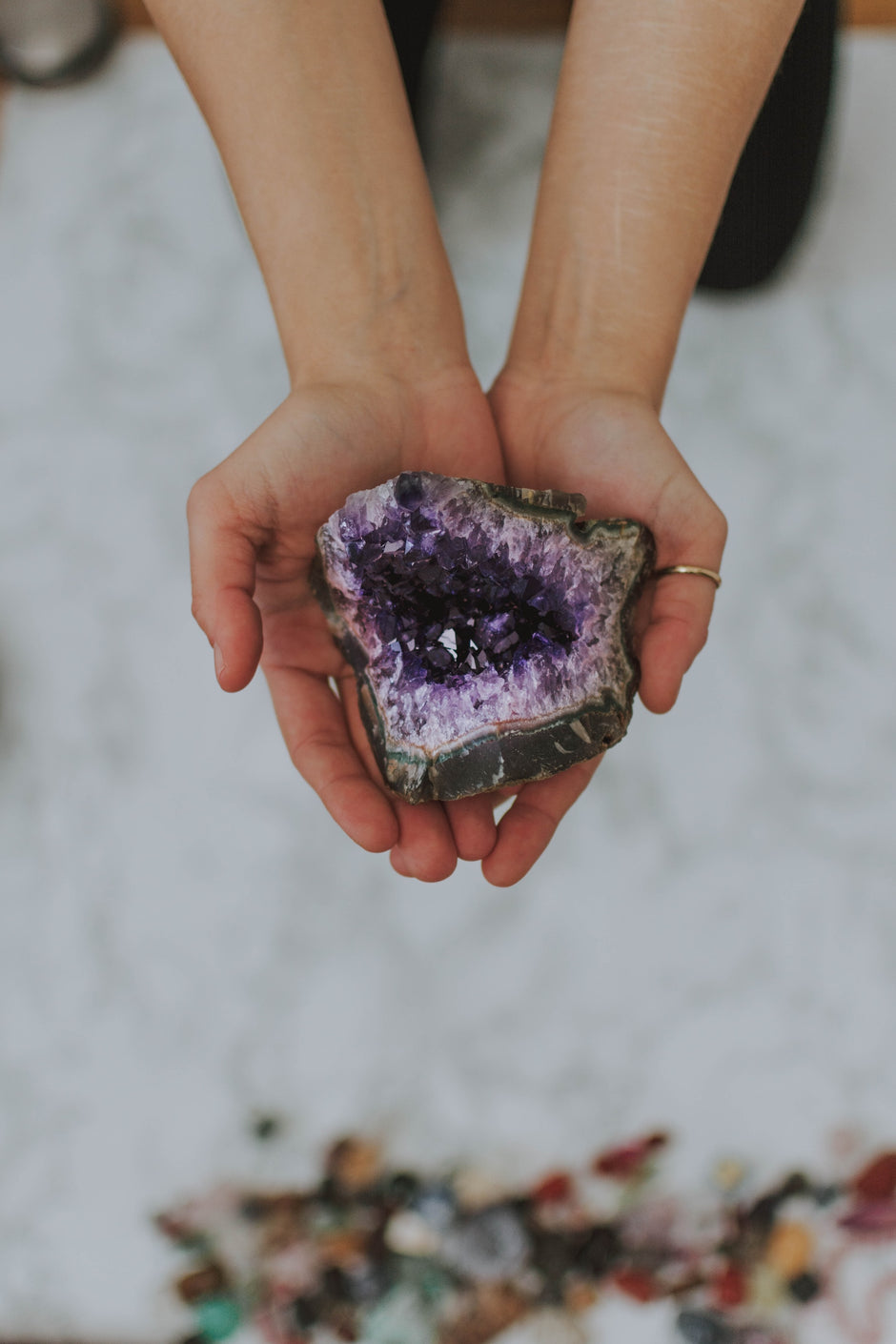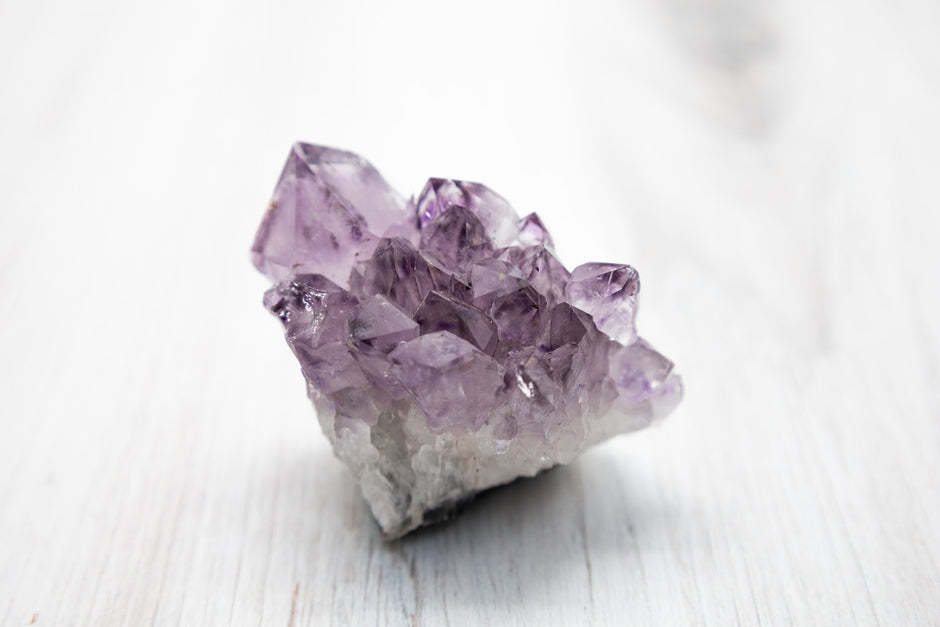When it comes to purchasing gemstones, most people are captivated by their beauty, brilliance, and rarity. However, many overlook the ethical considerations that go into sourcing these precious stones. This article aims to shed light on the concept of ethical gemstones, their significance, and the challenges faced in ethical sourcing.
What are Ethical Gemstones?
Ethical gemstones have been mined, cut, and traded in a manner that is socially and environmentally responsible. Unlike standard gemstones, ethical gems ensure that fair labor practices and environmental sustainability were upheld during their extraction and production.
Why Are They Important?
The importance of ethical gemstones goes beyond mere aesthetics. Your purchase directly impacts the miners' livelihood, the ecosystem's health, and the industry's overall ethical stance. You contribute to fair wages, safe working conditions, and environmentally conscious mining practices by opting for ethical gemstones.
What Are the Challenges in Sourcing Ethical Gemstones?
While the concept sounds ideal, the reality is far more complex. The supply chain of gemstones is notoriously opaque, making it challenging to trace a gem's origin and ensure that it is ethically sourced.
Understanding Ethical Gemstones
What Does it Mean for a Gemstone to be Ethical?
To classify a gemstone as ethical, two crucial factors must be considered:
- The People: Fair labor practices, including safe working conditions and ethical treatment of miners, are essential.
- The Environment: The mining operations should have minimal environmental impact and should contribute to the land's rehabilitation post-mining.
What Are the Different Types of Ethical Gemstones?
Various types of gemstones can be considered ethical from diamonds under the Kimberley Process to lab-grown moissanite. Other examples include Canadian ammolite and Sri Lankan sapphires. The essence lies in their sourcing and production process, ensuring they meet the criteria for ethicality.
How Can You Tell if a Gemstone is Ethical?
Traceability is key when determining if a gemstone is ethical. Information about where it was mined, who cut it, and its journey to the retail store should be transparent. Reputable sellers will provide the information regarding how their gemstones are processed readily.
Challenges in Gemstone Sourcing
Conflict Diamonds
Diamonds, making up about 85% of the gemstone market, have been significantly linked to funding armed conflict, hence the term 'blood diamonds.'
Environmental Impacts of Mining
Gemstone mining can have devastating effects on the environment, including deforestation and soil erosion, unless sustainability practices are applied.
Child Labor
In some parts of the world, child labor is exploited in mining gemstones, creating an urgent ethical dilemma.
Low Wages
Low wages for miners remain a persistent issue, making it difficult for them to maintain even a basic standard of living.
Progress Towards Ethics
In recent years, progress has been made in both regulation and consumer awareness to make the gemstone industry more ethical. Strategies range from international agreements to individual company initiatives.
The Kimberley Process
Perhaps the Kimberley Process is the most significant step towards ethical sourcing in the gemstone world. Aimed primarily at diamonds, this international certification scheme rigorously tracks stones from their point of origin to their final product stage to ensure they are conflict-free. Diamonds sourced from Kimberley Process member countries or lab-grown are considered ethical choices.
Individual Approaches to Ethical Sourcing
Beyond large-scale initiatives like the Kimberley Process, individual companies and artisans also adopt ethical practices. Whether using only traceable gemstones or contributing to local communities where stones are sourced, these small-scale efforts add to significant industry changes.
Benefits of Ethical Gemstones
Opting for ethical gemstones alleviates your conscience and delivers tangible benefits to society and the environment.
Positive Impacts on the Environment
Ethical gemstones are sourced with minimal environmental disruption. This includes reduced deforestation, responsible waste management, and even soil and flora restoration post-mining, as seen with Canadian ammolite mining practices.
Fair Wages and Working Conditions for Miners
When you choose an ethical gemstone, you indirectly contribute to fair wages and safer working conditions for miners. This is particularly evident in regions like Sri Lanka, where ethical mining initiatives ensure labor fairness.
Support for Sustainable Communities
Communities around ethical mining sites often benefit from improved infrastructure, healthcare, and educational opportunities, creating a cycle of sustainability and well-being.
Ethical Gemstone Mining Locations
When sourcing ethical gemstones, the region of origin matters significantly.
Regions with a History of Ethical Mining
Certain regions, like Alberta for Canadian ammolite and Sri Lanka for sapphires, have long-standing histories of ethical mining practices. These regions are often the safest bets for ethical gemstones.
Regions with New Initiatives for Ethical Mining
Newer initiatives are emerging worldwide, from Brazil's new environmental laws governing citrine mining to Colombia's Muzo emerald mines focusing on worker welfare and community investment.
Where to Buy Ethical Gemstones
Knowing where to shop is half the battle to find ethical gemstones.
Online Retailers
Numerous online platforms specialize in ethical gemstones, providing full traceability and certification for their products. Always look for transparent information on sourcing and origin.
Brick-and-Mortar Stores
Many physical stores now offer a selection of ethical gemstones. These are typically higher-end establishments focused on quality and ethics.
Direct from the Source
Some consumers opt to buy directly from ethical mining operations. While this requires significant research and possibly travel, it's the best way to fully understand your gemstone's journey.
Our Top 10 Most Ethical Gemstones
If you're ready to make a purchase but are uncertain about the most ethical choices, here are our top 10 most ethical gemstones based on their sourcing, labor practices, and environmental impact:
1. Brazilian Citrine
Brazil is paving the way with new environmental laws that make citrine a good choice. The industry is also involved in reforestation projects, making this gemstone an eco-friendly option.
2. Lab-grown Moissanite
This diamond alternative is not only more affordable but also ethical. Being lab-grown, it has a low environmental impact and is free of conflict issues.
3. Canadian Ammolite
Ethically sourced from Alberta, Canadian ammolite is a gemstone with a minimal environmental footprint. Miners are dedicated to restoring the land post-mining.
4. Sri Lankan Sapphires
Sri Lanka is known for its ethical mining practices, which include fair labor and environmental care laws. This makes their sapphires a highly ethical choice.
5. Small-scale Amethysts
Produced mainly in Piedra Parada, Mexico, these amethysts are mined by local families and sold directly to international markets, ensuring fair labor practices.
6. Sustainable Pearls
Sourced from oceanic coasts from Japan to Denmark, sustainable pearls are another ethical option, though not scientifically classified as gemstones.
7. Muzo Emeralds
Colombian Muzo emeralds are sourced with attention to fair wages, worker healthcare, and community investment, making them a socially responsible choice.
8. Diamonds in the Kimberley Process
These diamonds come from Kimberley Process member countries and are therefore conflict-free, addressing some of the diamond industry's historical ethical challenges.
9. Californian Howlite
Mostly found in Tick Canyon, California, howlite is an ethical gemstone with a simple supply chain, often discovered by amateur geologists.
10. Australian Opals
Sourced from a country with stringent labor and environmental laws, Australian opals are another ethical option for gemstone lovers.
Conclusion
Ethical gemstones are not just a trend but a necessity in today's world. With numerous ethical options available, from diamonds adhering to the Kimberley Process to the small-scale amethysts of Mexico, there's no reason not to opt for an ethical choice. Remember, the power to drive ethical practices in the gemstone industry lies with you, the consumer.
FAQs
Q: What does it mean for a gemstone to be ethical? A: An ethical gemstone is sourced responsibly, ensuring fair labor practices and minimal environmental impact.
Q: How can I verify the ethics of a gemstone? A: Look for full traceability and ask questions about sourcing, labor practices, and environmental impact.
Q: Are lab-grown gemstones ethical? A: Yes, lab-grown gemstones like moissanite are ethical choices as they avoid the environmental and human labor issues commonly associated with mining.
Q: Can I buy ethical gemstones online? A: Absolutely, many online retailers specialize in ethical gemstones. Just make sure to look for transparent information about the gemstone's origin and sourcing practices.
